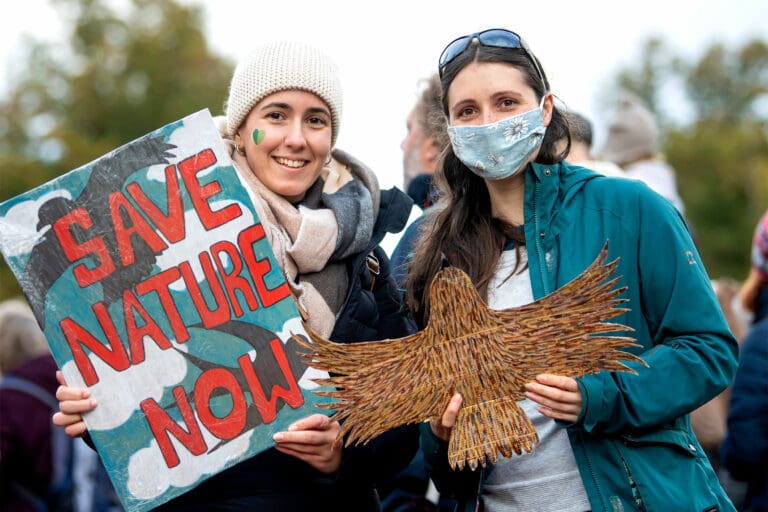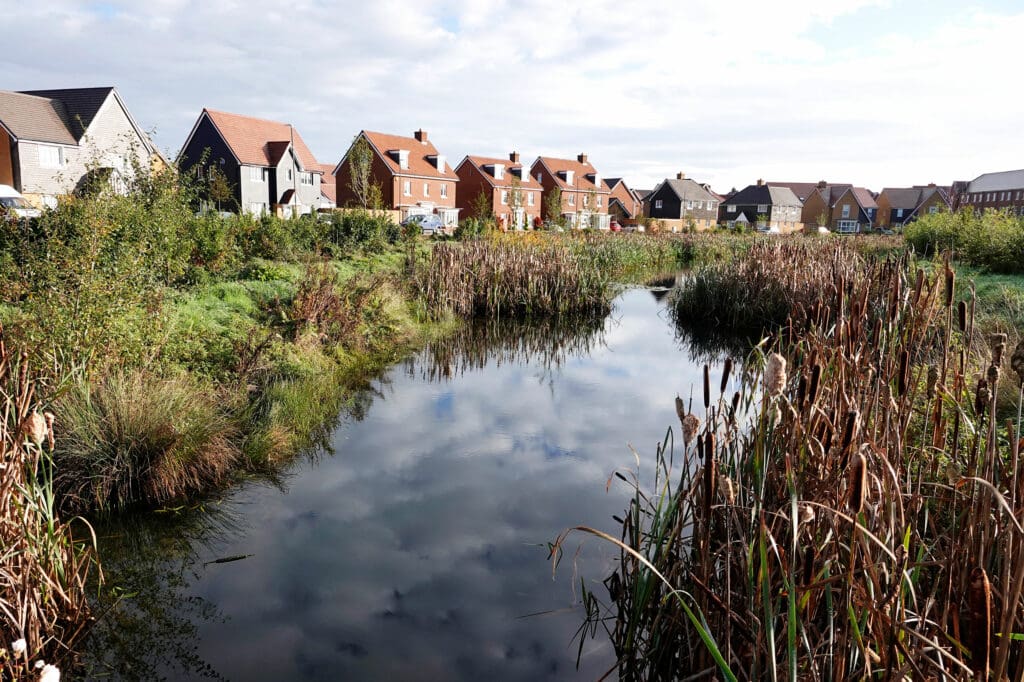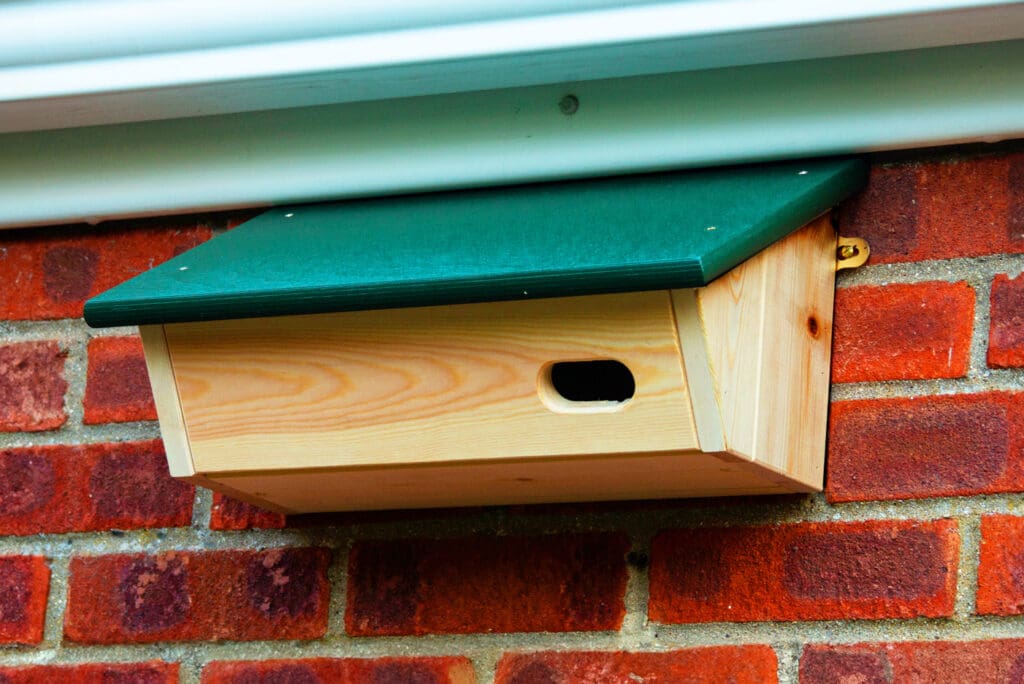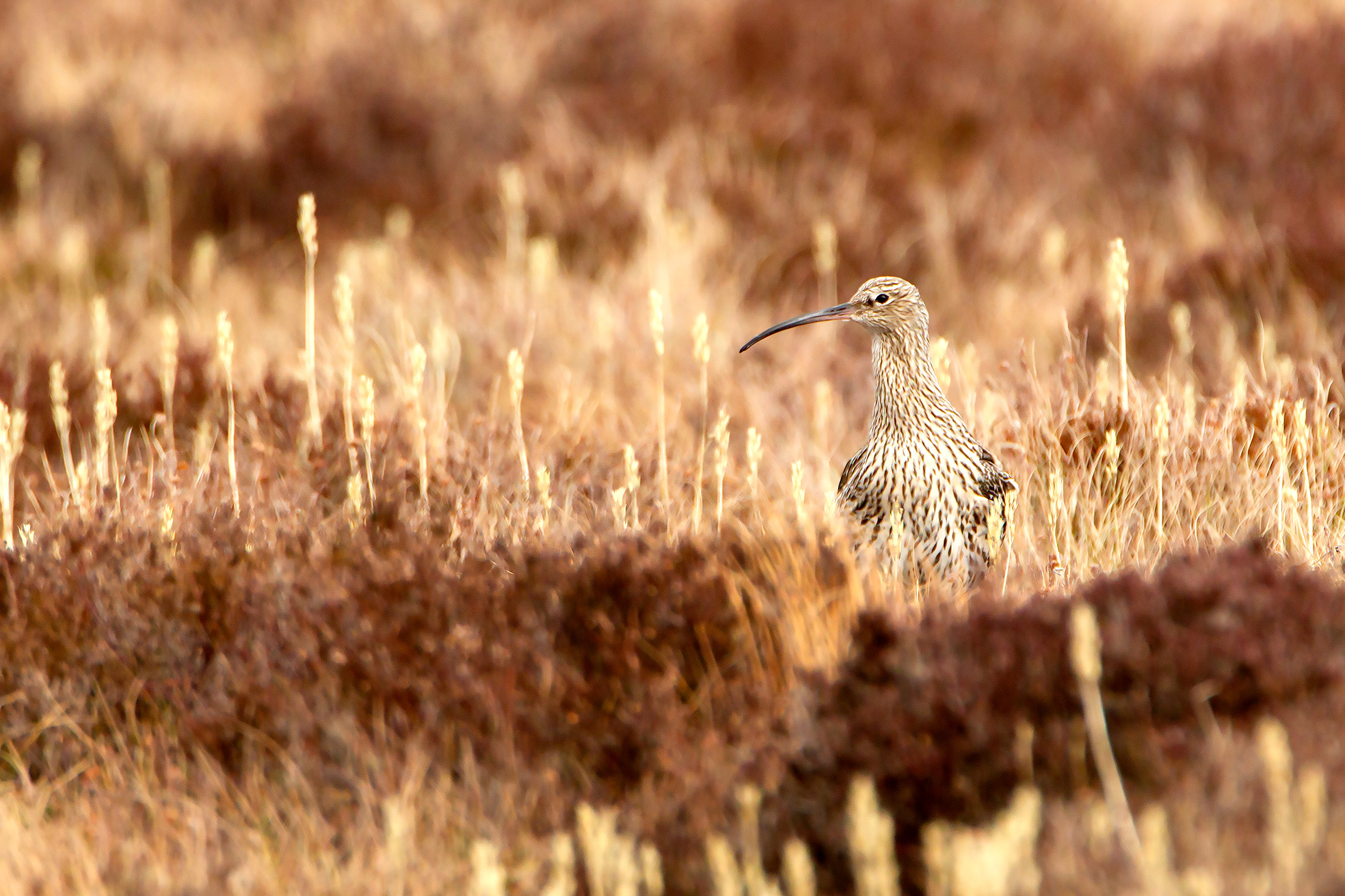Last year, I found myself on a Welsh hillside, falling into bogs alongside the Chief Executive of the Co-op. Whilst that may sound like the opening line of a bad joke, it was, in fact, an opportunity for the two of us to explore one of the RSPB’s nature reserves and discuss the importance of peat: how we best restore this important carbon store and how our two organisations could work together to do more for climate and nature than we could on our own. Each of us bringing a very different set of expertise to the table, or in this case, hillside.
We tramped across the moorland, heard bubbling Curlews above the heather and even glimpsed a Hen Harrier. A restorative day of fresh air and new beginnings.
Our amazing nature reserves – of which there are over 220 – are a haven for all kinds of wildlife, and for many species a critical refuge. But despite their extent and diversity, these places, and others like them, won’t be able to save nature on their own. Recent studies from Germany have shown that, over time, even highly protected sites begin to lose their integrity, and the diversity of species that makes them special, if the wider landscape is not also managed in a way that is more nature friendly.
To turn round nature’s current downward trajectory, we need to help it return across the board and make it a feature of everyday life, to help it creep back into places that are used for other things. The normalisation of nature.
Our fields, farms, towns and gardens need help to let nature back in. And for the RSPB to do this we need to work with others
Of course, this requires systemic change, which is why our work on the policy agenda in areas such as mitigating and adapting to climate change and shifting the way in which we farm and grow our food to be more nature friendly is so important. But another way to help is as individuals and through the choices we make as consumers. Being thoughtful in what we choose to purchase; the clothes we buy, the food we eat all affect the market economy. We need to consider how these things are produced and their consequence for the environment. That is why we have developed the Fair to Nature certification scheme. Through this, we work with people across the supply chain to help protect and restore nature on farmland, whilst making it simpler for people to recognise sustainable products and support the producers committed to making a genuine difference.
Our fields, farms, towns and gardens need help to let nature back in. And for the RSPB to do this we need to work with others, to work in partnership. In the past this has often been with our fellow conservation organisations, but now we are increasingly looking to business to help effect the change we need for nature.
I sometimes get the question “why?”. It is true that business partnerships can bring in much-needed funds for our conservation work, but the benefits can be so much greater than that. Many businesses see the existential threats of climate change, and increasingly nature loss too, and recognise the need to be part of the solution. Some are even making sure that nature and climate are taken into consideration for all core business decisions; others are giving nature a ‘seat’ on company boards. Businesses come to us for guidance on how to do this and where to focus their efforts.
In return, we can increase the scale and geography of our conservation work and help more nature thrive – often in places where once it didn’t. Solar farms, housing estates, golf courses, former quarries – all areas where we can now effect change due to our partnership work with businesses.
Listen to this feature here:

Nature can’t wait
Nature is in crisis, and time’s running out for politicians to protect and restore it. In the past ten years, the threats facing nature have got even worse. The State of Nature report makes this clear. We need all politicians to put nature at the heart of their decision-making. There are ways you can call on your local politicians to make a difference. #NatureCantWait

Peaceful protest. Photo: Matthew Horwood (rspb-images.com)
You might also like

The business of nature

A voice for nature



